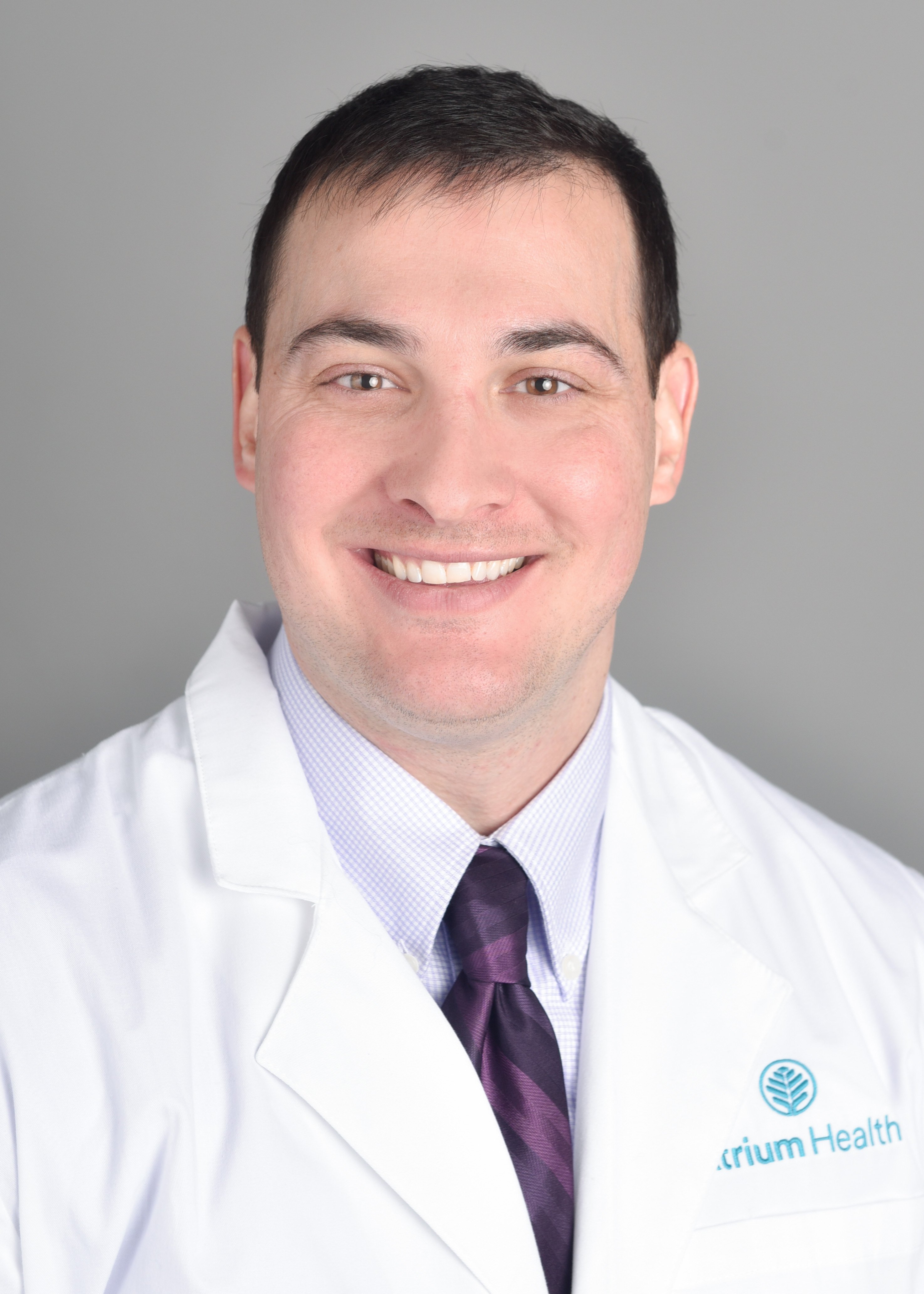A question is persisting in the parenting community and it’s whether we are seeing a rise in mental health problems for our teens and, if so, what is the cause of these issues? While these questions may plague parents, leaving a feeling of worry and hopelessness circulating parenting groups and family dinner tables, there are answers to be found and outside help within the Atrium Health community. In this three-part series, Dr. Adam S. Faizi with Atrium Health Levine Children’s Charlotte Pediatric Clinic-South Park gives us insight into how we can help and the resources available.
Why the Rise?
It’s true that we are seeing more mental health problems in teens now than ever before. Noticeable diagnoses such as ADHD (attention-deficit/hyperactivity disorder) seem to fill our schools, while others such as OCD (obsessive compulsive disorder), generalized anxiety disorder and depression fly under the radar but remain prevalent. While the exact cause of this rise is not easily discerned, overdiagnosis, societal acceptance, better research, and understanding may be linked to the increase in prevalence.
One thing we know is that if left untreated, these issues can lead to a myriad of crises for parents and teens alike. Dr. Faizi says that left untreated, issues such as poor school performance and social isolation may begin to take shape, and, in more precarious situations, high-risk behaviors become more likely — things like substance abuse and unwise sexual choices. In worst-case scenarios, these disorders can lead teens to self-harm or even suicide.

Contributing Factors
There are so many factors that can play into these things that are apparent and others that are more obtuse. Many issues facing teens today are common and issues that parents themselves likely have dealt with in the past. While there are so many possibilities, parents are not devoid of hope in navigating this territory with their children.
Pay attention to what is happening in your teen’s life, family disturbances like a death in the family, relocation or changing of schools, divorce, family discord or illness are common but their commonality does not make them immune to potential negative consequences.
Dr. Faizi tells us that some things that affect our teens happen outside the home and in their own individual social circles, things like negative peer pressure and bullying. Sometimes, even positive pressure can play a negative role. Our teens are encouraged and often pressured, to perform well and be the best in all things. As society demands grow, so do the expectations on our teens and often thus the rise of mental health concerns.
This can take place in the home, in the school environment or in the realm of team sports. Typically, the first thing to go when vying to perform well is sleep, an important facet of positive mental development. There is evidence that less than nine hours per night negatively impacts the health of teens. A focus on performance in this variety of outside activities can take its toll. The rush from place to place can cause healthy eating habits to go out the window and fast food to come through. Making time for balanced meals — especially starting off with breakfast — is a great way to make sure dietary needs are being met, as this can have a strong effect on mood and function.

The Importance of Slowing Down
In this fast-paced structure, we are quick to discount slow-paced activities, but incorporating leisure activities and placing a high value on them will pay off. Spend a day with the family. Take a hike or a relaxing bike ride through the city. Activities that do not revolve around requirements or performance preparation clear the mind and allow for engaging in the world around you.
Along those same lines, Dr. Faizi encourages parents to implement spiritual practices. This will look different for each family or teen, he says, but the benefits are the same. Having some sort of mindfulness, meditation and/or prayer practice clears the mind and grounds us — teens included — in being present, taking the focus off what was in the past and what is to come. To be present is to be calm and at peace and having these types of practices with our children can set them up to better deal with life’s stressors as they grow and mature.
Our society often operates under the supposition that our value is determined by our performance. If our teens feel they are unable to perform in a way deemed acceptable, challenges and failures — perfectly normal parts of life — become difficult to cope with and can often follow one into adulthood.
Next week we will look at how parents can support their teens and offer suggestions to determine when it's time to seek help.

Adam Faizi, DO is a pediatrician at Charlotte Pediatric Clinic – SouthPark. Originally from Charlotte, NC, he and his family recently moved from Texas, where he was a physician in the military. Dr. Faizi enjoys sports and spending time outdoors, and is most passionate about spending time with his family.
Connect with Atrium Health Levine Children's
Liz is a freelance writer and editor in Charlotte. When she's not busy finishing up her MFA at Queen's University, you can find her curating @restorationwaresvintage or toting around her 3 kids.


